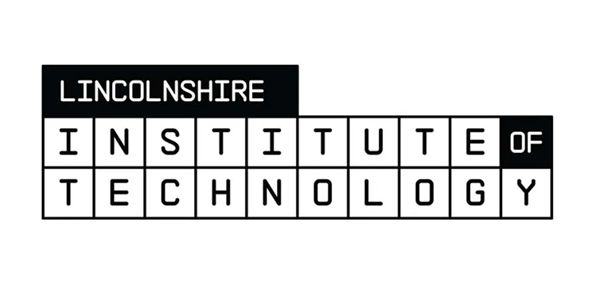Transition
What will the transition between different phases of education be like?
You've finished your GCSE's or equivalent Level 1 and 2 qualifications, so what can you expect in your next step? The transition from school to college and sixth form can be quite significant. You may go from studying multiple subjects, some you enjoyed more than others, and now you will be able to focus on what you really like!

At sixth form, you may be studying 3-4 subjects at A Level, this can include BTECs, T Levels, and Diplomas. At College, you can choose to study A Levels, or you may choose to study one broader subject, and this could be an Apprenticeship, NVQ, HNC/HND, etc. You will be able to focus your studies on topics you have interest in, and this may help with your motivation to study. You can expect that your studies will require a deeper understanding of the topics, so you should be prepared to do more reading and research.
You can read all about the different types of Post 16 qualifications on the UCAS website:
Haven't yet made your choice between sixth form and college?
FE college offers a much wider range of courses than sixth form colleges or schools. Most colleges do offer A-Levels, the same as sixth form colleges and schools, but also have a huge number of other qualifications available in different subjects and at different levels. Some specialise in particular industry sectors such as art and design, catering, engineering or finance. Some colleges have links with companies, so that students studying vocational courses can combine classroom learning with valuable work experience.
FE colleges offer vocational subjects related to a broad subject area, such as business, health and social care, as well as apprenticeships and courses that prepare students for higher education, such as Access courses or art foundation/post A-level art courses. The colleges also offer vocational higher education level courses, such as foundation degrees, Higher National Diplomas (HNDs) and Higher National Certificates (HNCs). (Source:Allaboutschoolleavers.co.uk)
The main differences you can expect between sixth form and college is the type of learning you will receive. Sixth forms will still approach teaching in a classroom based approach, whereas college teaching can be more practical alongside the theory, depending upon the subject(s) you have chosen.
Wellbeing in Transition
During this transition, your study may be 'harder', this is because your work is to a higher level of study. It is important to look after your wellbeing to avoid becoming overstressed. Try to recognise the signs that you are perhaps struggling, this may include, but is not limited to:
- headaches or dizziness
- muscle tension or pain
- struggling to make decisions
- feeling overwhelmed
- constantly worrying
- sleeping too much or too little
- eating too much or too little
- avoiding certain places or people
(Symptoms from NHS)

If you find that you are struggling with your workload, or that you maybe aren't enjoying yourself as much as you'd hoped, it's important to reach out to those around you. Speak with friends or family outside of your studies if you feel that helps. Where your studies may be impacted by your wellbeing, ensure that you speak with student support services at your institution, you will be able to get the best help from them.
Not sure about how you feel? Try the NHS mood self-assessment:
How to Manage Stress:
The NHS recommends:
-
10 stress busters – including getting started with exercise and setting aside time for yourself
-
utilising calming breathing exercises
-
planning ahead for stressful days or events – planning long journeys or making a list of things to remember can really help
-
considering peer support, where people use their experiences to help each other. Find out more about peer support on the Mind website
-
listening to free mental wellbeing audio guides
LiNCHigher Learning
See a preview of 'Getting Ahead' here...
- John Stacey series - John Stacey from MenTalk Lincs covers Imposter Syndrome, Growth and Positive Mindset, Making Mistakes is Ok, Practicing Gratitude and Stress Management
See a preview of 'Stress Management' here...













